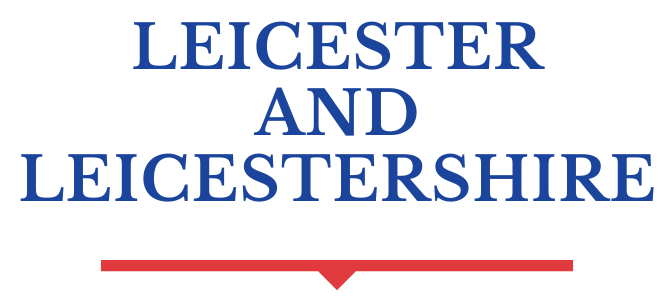Table of Contents
ToggleIn a world where political news can feel like a rollercoaster ride—complete with unexpected twists and turns—staying informed is more crucial than ever. From jaw-dropping debates to surprising policy shifts, the latest developments keep everyone on their toes. It’s like binge-watching a reality show, but with higher stakes and fewer rose ceremonies.
Overview of Latest Political News
Current political news showcases significant developments across various regions. In Washington D.C., discussions around budget allocation have intensified, focusing on social programs and infrastructure investments. New legislation proposals emerge frequently, addressing climate change and healthcare reform.
State-level elections have drawn attention. Candidates are mobilizing support, with many emphasizing issues like the economy and public safety. Recent surveys indicate a shift in voter priorities, particularly among younger demographics seeking environmental responsibility and healthcare access.
Internationally, diplomatic relations remain a hot topic. Negotiations between key nations shape global trade agreements and military alliances. The ongoing conflict in Eastern Europe continues to dominate headlines, affecting energy prices and international relations.
Political analysts highlight the rapid changes in party dynamics. Recent polls suggest a decrease in approval ratings for several incumbents, sparking conversations about potential challengers. Activism surrounding social justice remains strong, influencing policy agendas in multiple states.
Emerging trends in technology also influence political discourse. Misinformation on social media platforms poses challenges for transparency. Regulatory bodies increasingly focus on digital privacy and data protection, aiming to ensure fair practices.
Overall, staying updated on these developments ensures a well-rounded understanding of the political landscape. Engaging with credible news sources equips citizens with the knowledge needed to navigate the complexities of political events.
Key Political Events
Political developments continue shaping the social landscape in various regions. High-stakes dialogues in Washington D.C. set the tone for crucial policies, especially on budget allocation.
Major Legislative Changes
In recent weeks, new legislation proposals have emerged tackling urgent issues like climate change and healthcare reform. The House voted on a comprehensive bill aimed at expanding healthcare access for low-income families, while the Senate discussed renewable energy initiatives to reduce carbon emissions. Both the House and Senate are prioritizing social programs, emphasizing sustainability as a crucial aspect of future budgeting. Lawmakers across parties are collaborating on bipartisan agreements, reflecting a shift toward addressing constituents’ pressing needs.
Significant Election Outcomes
Several state elections recently concluded, revealing a shift in voter sentiment. Candidates focused on the economy and public safety resonated with constituents, leading to surprising victories in traditionally competitive districts. Young voters showed increased turnout, significantly impacting election results. Recent surveys highlighted that environmental issues and healthcare access swayed many decisions in key races. Political analysts predict these trends will influence policy agendas moving forward, as elected officials adapt to evolving public priorities.
Political Figures in the Spotlight
Current political events spotlight several key figures, reflecting the dynamic landscape of governance and public opinion.
Rising Stars in Politics
Young politicians are gaining recognition for their innovative approaches. They prioritize pressing issues, resonating with a younger demographic that demands change. Fresh faces in Congress advocate for climate policies and affordable education in strong, articulate manners. Local initiatives showcase their commitment to grassroots movements, driving community engagement across diverse districts. As their platforms evolve, these rising stars are likely to influence party dynamics significantly.
Controversial Leaders and Statements
Controversial remarks from established leaders dominate headlines regularly. Statements regarding social issues often generate heated debates among constituents. Recent comments about immigration policy drew backlash, revealing deep divisions within party lines. Political analysts highlight the impact of such rhetoric on approval ratings, indicating potential vulnerabilities for incumbents. As leaders navigate public scrutiny, the effects of their words influence voter sentiment and contribute to an increasingly polarized environment.
Impact on Public Policy
The shifting political landscape deeply affects public policy decisions, reflecting urgent societal needs and priorities.
Economic Implications
New budget proposals emphasize investment in social programs and infrastructure. Lawmakers anticipate increased funding to bolster job creation and economic growth. A comprehensive bill focused on healthcare access for low-income families is also gaining traction. Public safety and economic security become top priorities for upcoming legislation. Young voters show heightened interest in economic policy, pushing elected officials to align their platforms with constituents’ expectations. Observers note that candidates capitalizing on economic issues performed well in recent elections, indicating a clear voter preference.
Social Issues at the Forefront
Healthcare reform and climate change dominate discussions among lawmakers, driving new proposals aimed at enhancing access and sustainability. The priority placed on social justice initiatives reflects a growing public demand for equity and inclusion. Voter turnout increases among younger demographics, particularly those passionate about social issues. Policymakers focus on addressing these concerns to resonate with their constituents. Recent surveys indicate that public interest in healthcare and environmental policies has surged, influencing party platforms. Activists amplify their impact on policy agendas by pushing for legislative changes, transforming the political discourse around social issues.
Media Coverage and Public Perception
Media coverage plays a crucial role in shaping public perception of political events. News outlets provide diverse perspectives on significant developments, including budget discussions in Washington D.C. Recent legislation proposals on urgent issues like climate change and healthcare reform receive extensive media attention, ensuring the public stays informed.
Public sentiment has shifted significantly in recent elections. Candidates focusing on the economy and public safety resonate with constituents, leading to unexpected victories. Young voters have emerged as a powerful demographic, their turnout influencing key races, particularly due to their concern for environmental issues and healthcare access. Political analysts observe that these trends affect future agendas, as elected officials adapt to changing public priorities.
The role of social media in political discourse cannot be overlooked. Misinformation creates challenges for transparency, prompting regulatory bodies to prioritize digital privacy. Coverage of social justice activism also highlights societal demands for equity and inclusion, impacting policy agendas across multiple states. Engaging with credible news sources becomes essential for citizens to navigate these complexities.
Key political figures are increasingly recognized for innovative approaches to pressing issues such as climate policies and affordable education. Grassroots initiatives foster community engagement, influencing party dynamics. In contrast, controversial remarks from established leaders often overshadow important discussions, reflecting deep divisions within political parties. Ongoing scrutiny of their rhetoric shapes public perception and can result in fluctuating approval ratings.
The public’s priorities increasingly emphasize social programs and economic security. Policymakers anticipate enhanced funding to support job creation and growth. Discussions on healthcare reform and climate change remain at the forefront, with lawmakers responding to a growing demand for sustainability and access. Engaging in political discourse is vital as the landscape evolves, and staying updated on media coverage is key to understanding these changes.
The political landscape remains dynamic and ever-changing. As new legislation emerges and voter sentiments shift, staying informed is more important than ever. The recent surge in grassroots activism and the growing focus on social issues signal a transformative period in politics.
Engaging with credible news sources helps individuals navigate the complexities of these developments. The interplay of media coverage and public opinion will continue to shape policy agendas and influence future elections.
With pressing issues like healthcare and climate change at the forefront, citizens must remain vigilant and proactive in understanding the implications of political news. The journey through this political rollercoaster is just beginning, and staying updated is key to participating in meaningful discourse.








